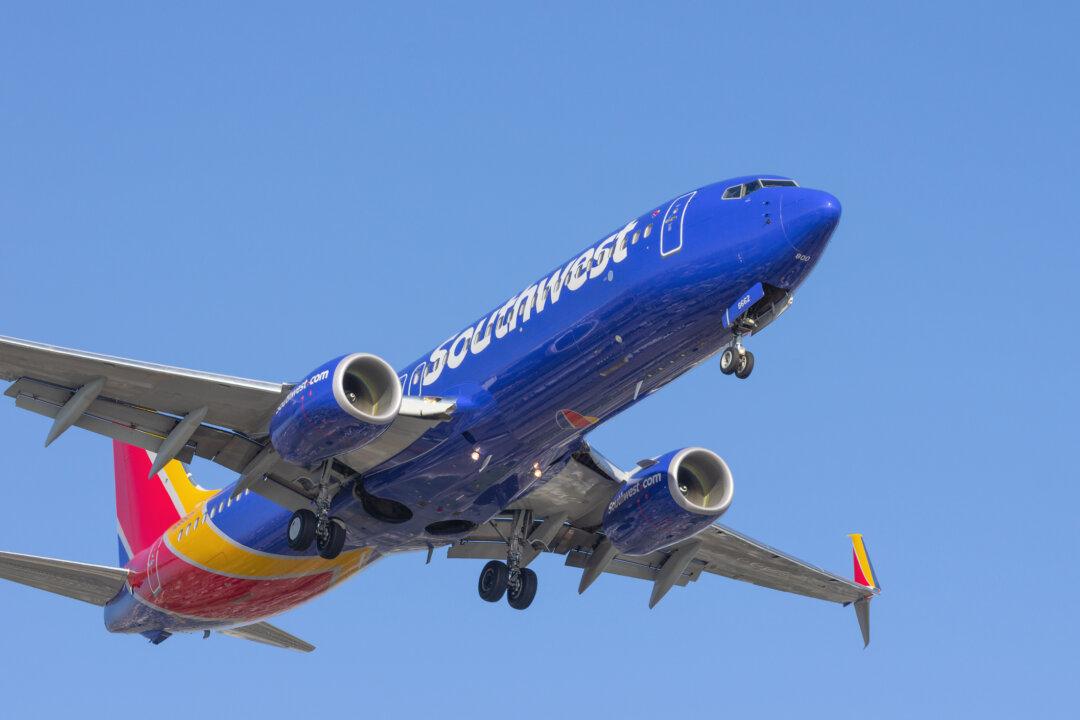Major airlines are canceling thousands of flights scheduled for the busy summer travel season, attributing the cancellations to a lack of pilots resultant from the CCP (Chinese Communist Party) virus pandemic.
Leading the trend is Southwest Airlines, which has canceled over 20,000 flights this season. Delta Airlines already cut over 700 flights during the busy Memorial Day weekend and expects to cancel 100 flights daily from July 1 to Aug. 7 in the Western hemisphere.





